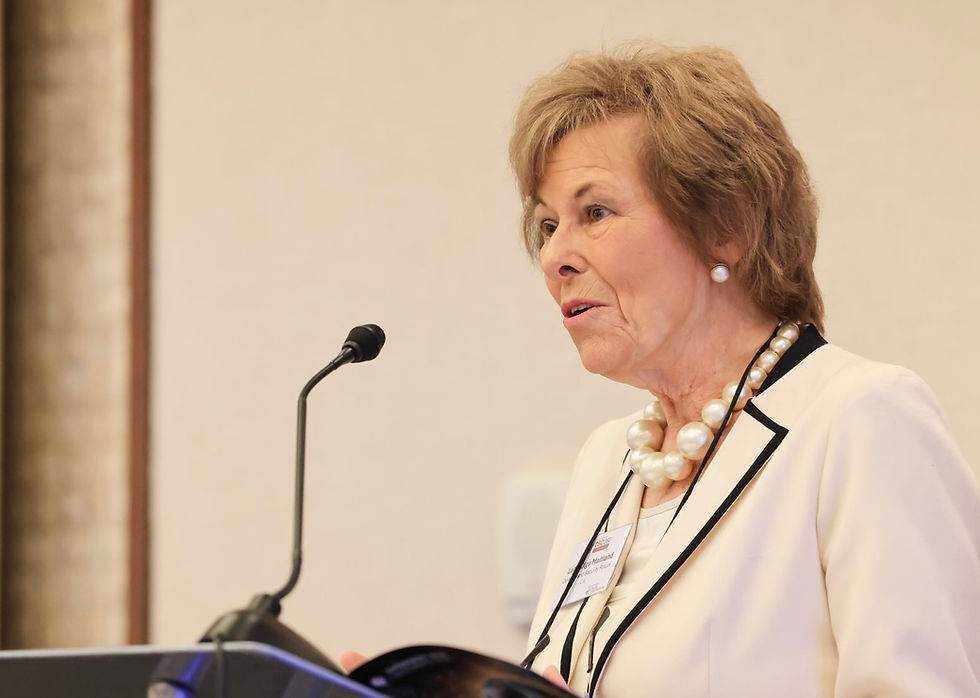Russia: Turning up the heat
- noahbergman3
- May 16, 2025
- 2 min read
By Lady Olga Maitland
16 May 2025

The time has come for the West to intensify pressure on Russia—including confiscating the US$300bn currently frozen in G7 and EU banks. Interest accrued on these assets is already being diverted to support Ukraine; now the principal itself must be put to work. To this should be added some US$58bn in private Russian assets, held by around 2,000 sanctioned individuals and firms. Expect some legal wrangling, but the mood is changing.
In my view it is critical that President Trump ramps up military support. In May, Defence Secretary Pete Hegseth halted scheduled artillery shipments to Ukraine —reportedly without the President’s knowledge. The question now is whether Mr. Trump will reverse course and authorise not just the resumption of deliveries, but a broader escalation. In the end, military pressure is the tipping point.
Direct from Kiev, our contacts at Audere International say this:
“The prevailing view among those closely engaged with Ukraine and its Western partners is that the negotiations amount to little more than “theatre”, with minimal expectation that any potential outcome will significantly alter the trajectory of the ongoing conflict. While the participation of a Russian delegation – albeit largely symbolic – offers a marginally positive signal, Ukrainians understandably express frustration, and EU officials continue to question whether such dialogue is capable of injecting meaningful momentum into a credible peace process.
This scepticism is compounded by Russia’s continued adherence to a maximalist position, further demonstrated by the composition of the Kremlin's negotiating team, even as hostilities intensify across the front lines. In essence, there is little confidence that the talks hold substantive value; rather, they are widely viewed as a strategic manoeuvre by Russia to weaken Western cohesion and delay a decisive response – namely, enhanced sanctions and increased military support.”
On 28 May we have Eduard Fesko, Deputy Head of Mission, Ukraine Embassy on behalf of the Ambassador General Valerii Zaluzhni speaking to DSF about the role of allies to Ukraine. Former Foreign Secretary Sir Malcolm Rifkind will moderate the discussion. This week I spoke to Sir Malcolm, who said: ‘Broadly it should be remembered that major agreements start with low level talks, such as that in Istanbul, the first in nearly three years. These are important.’ Intriguingly, Dmitri Peskov, the Kremlin spokesman said that they are willing to have negotiations with Ukraine and make compromises.



Comments